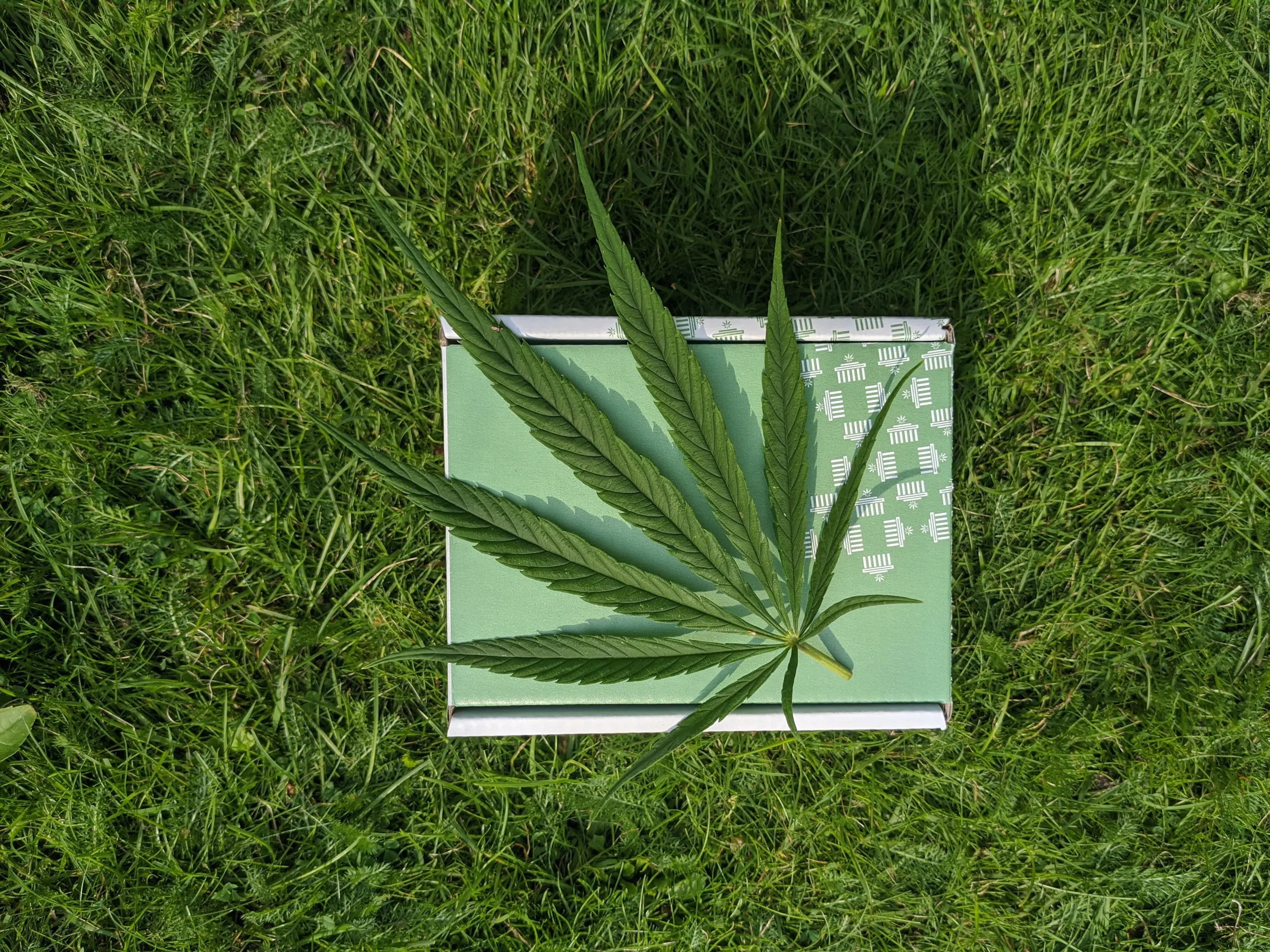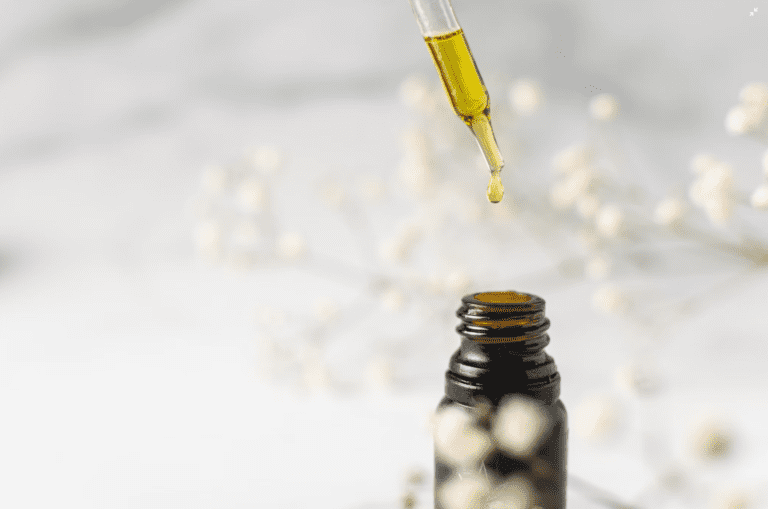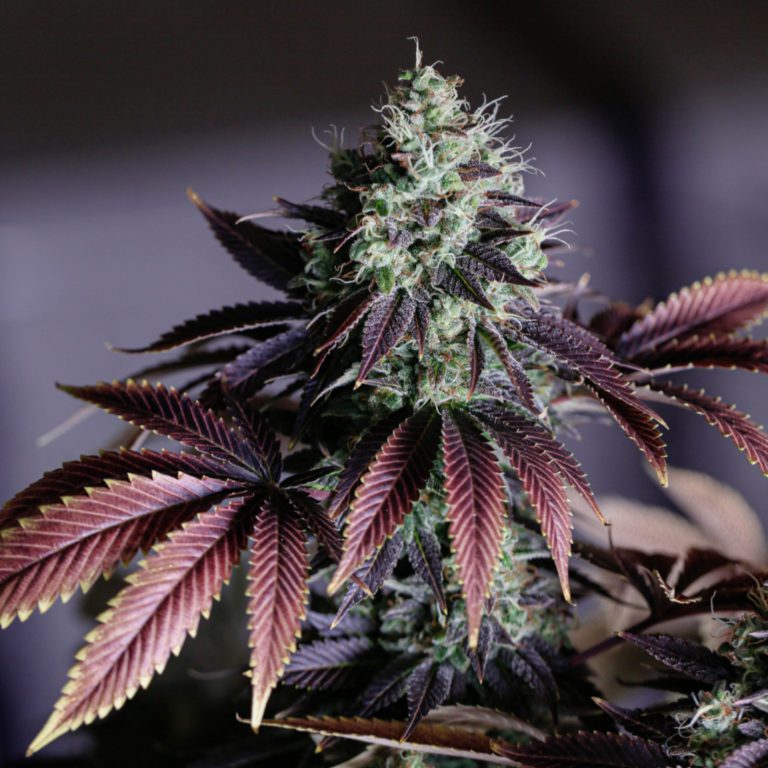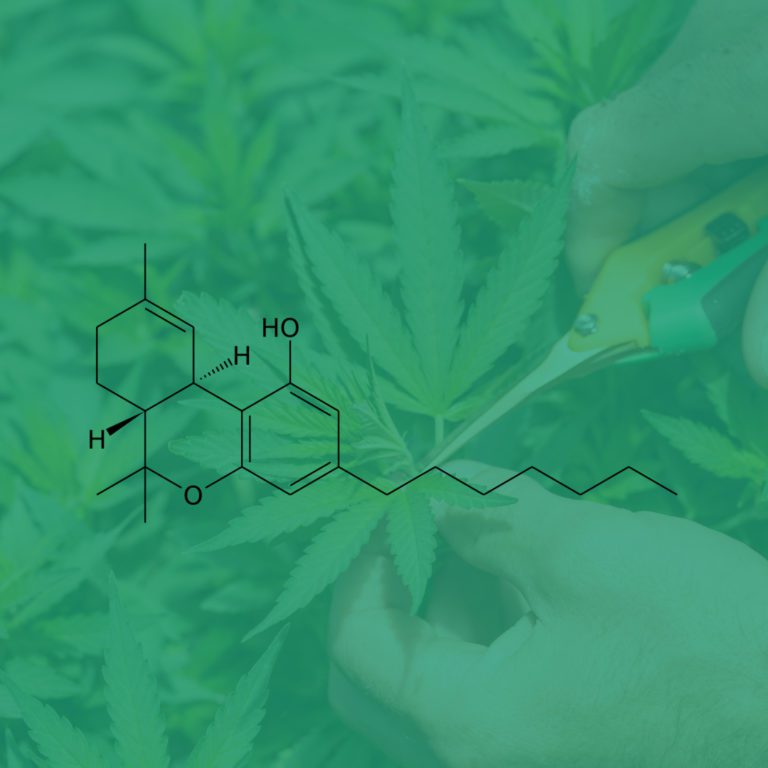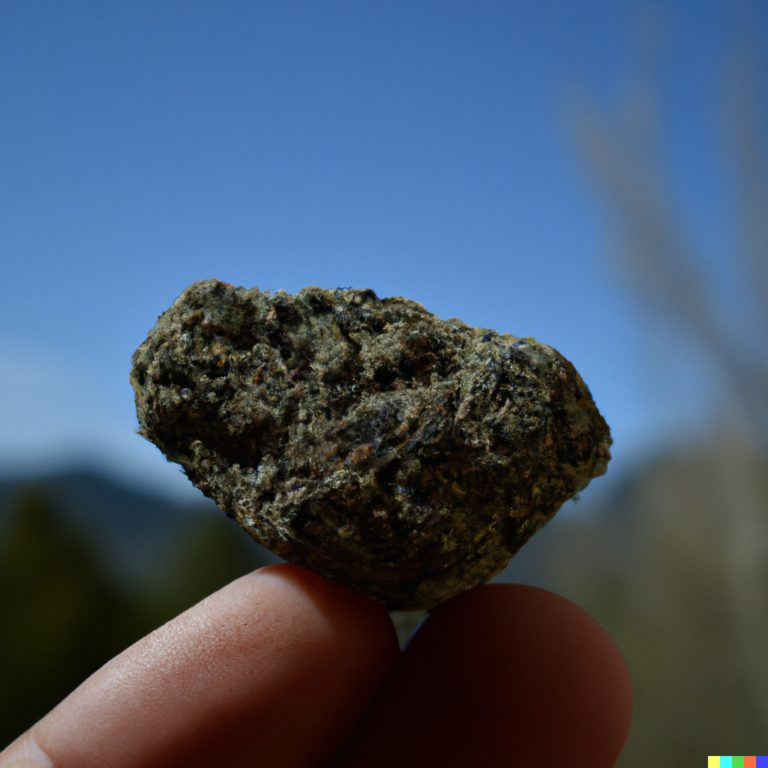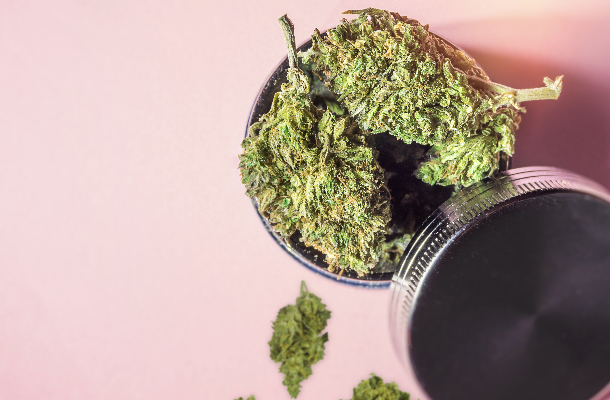What is a THC-O Alternative?
In recent years, the cannabis industry has witnessed a surge in demand for products containing delta-9-tetrahydrocannabinol (THC) and other cannabinoids. This growing interest has led to the development and discovery of new, more potent cannabinoids that can provide unique and intense experiences. One such compound, THC-O-acetate (THC-O or THCO), gained popularity for its potent effects but faced controversy due to unclear legal status. As a result, many are now looking for alternatives that can offer similar experiences without the uncertainties surrounding THC-O. Two such alternatives are THCp (delta-9-tetrahydrocannabiphorol) and HHC (hexahydrocannabinol).
The Rise and Fall of THC-O
THC-O-acetate was initially promoted as a more potent form of THC, believed to provide a more intense and long-lasting high than traditional cannabis products. However, the lack of clarity surrounding its legality led many companies to discontinue selling or producing THC-O products. This has left consumers searching for other options that can offer similar effects without legal ambiguity.
Discovering THCp: A Rare and Potent Cannabinoid
An intriguing alternative to THC-O is THCp, a rare cannabinoid found in small amounts in certain strains of cannabis. Believed to be more potent than traditional THC, THCp may provide a longer-lasting and stronger high than even THC-O. This is thought to be due to its stronger affinity for the body’s cannabinoid receptors, allowing it to bind more tightly to the CB1 receptors in the brain. This increased potency and duration could make THCp an attractive option for those seeking a more intense cannabis experience.
Introducing HHC: A Clear-Headed and Potent High
Another promising alternative to THC-O is HHC, or hexahydrocannabinol. While structurally similar to THC, HHC features some minor distinctions that contribute to its unique effects. Like THCp, HHC is believed to be more potent than traditional THC, providing a longer-lasting and stronger high. Users have reported that HHC produces a clear-headed high that is less prone to anxiety or paranoia than traditional THC, making it an appealing option for those seeking a more focused and relaxed experience.
Additionally, some users have reported that HHC produces a more body-focused high, which may offer pain relief or relaxation. This aspect of HHC could make it particularly attractive to those using cannabis for medicinal purposes or looking to manage chronic pain.
Delta-9 THC vs. HHC
Delta-9 THC and HHC share a similar chemical structure, with only minor distinctions setting them apart. These subtle differences contribute to HHC’s unique effects compared to traditional THC.
HHC is said to be more potent than delta-9 THC, providing a stronger and longer-lasting high. Users have reported that HHC produces a clear-headed and focused high, which is less likely to cause anxiety or paranoia compared to delta-9 THC. This characteristic may make HHC more appealing to those who are sensitive to the sometimes-anxiety-inducing effects of traditional THC.
Additionally, HHC is reported to produce a more body-focused high, which could offer pain relief or relaxation. This aspect may be particularly beneficial for medical cannabis users seeking relief from chronic pain or other physical symptoms.
In summary, while delta-9 THC, THCp, and HHC are all cannabinoids found in cannabis, each one offers unique effects and potencies. Delta-9 THC is the most common and well-known, but THCp and HHC are emerging as potent alternatives with distinct benefits.
Conclusion
As the cannabis industry continues to evolve and expand, consumers are constantly searching for new and innovative products to suit their preferences and needs. While THC-O was once a popular choice for those seeking a potent high, its uncertain legal status has led to a shift in focus towards alternative cannabinoids like THCp and HHC. These exciting compounds offer unique effects and experiences that may cater to a wide range of users, from recreational enthusiasts to medical patients. As research and development continue, we can expect to see even more options and breakthroughs in the world of potent cannabinoids.
Other THC-O Alternatives:
In addition to THCp and HHC, there are several other THC-O alternatives that offer unique effects and potencies. Here, we will explore a few of these lesser-known cannabinoids that may provide an alternative to THC-O.
Delta-8 THC (Δ8-THC)
Delta-8 THC is a cannabinoid that is structurally similar to delta-9 THC, with only a small difference in the location of a double bond within the molecule. Delta-8 is known for its mild psychoactive effects, providing a more subtle and manageable high compared to delta-9 THC. Many users report that delta-8 THC offers a clear-headed and focused experience with reduced anxiety and paranoia. Delta-8 THC is also said to possess potential therapeutic benefits, such as antiemetic, anxiolytic, and analgesic properties.
Cannabidiol (CBD)
While CBD is not psychoactive, it is a popular THC-O alternative for those seeking potential therapeutic benefits without the intoxicating effects of THC. CBD has gained widespread recognition for its purported ability to alleviate anxiety, inflammation, pain, and seizures. Many people use CBD in conjunction with THC or other cannabinoids to create a more balanced experience, often referred to as the “entourage effect.”
Cannabigerol (CBG)
CBG is a non-psychoactive cannabinoid that has been gaining attention for its potential therapeutic properties. It is considered the “parent” or “stem cell” of other cannabinoids, as it is the precursor from which THC, CBD, and other cannabinoids are synthesized in the plant. Some research suggests that CBG may have anti-inflammatory, analgesic, and antimicrobial properties. While CBG won’t provide a high, it could be an attractive option for those seeking potential health benefits without the intoxicating effects of THC.
Cannabinol (CBN)
CBN is another non-psychoactive cannabinoid that may offer potential therapeutic benefits. It is typically found in aged cannabis plants or those exposed to heat and light, as it is a byproduct of THC degradation. CBN is often associated with a sedative effect, making it a potential option for those seeking relaxation or help with sleep. Like CBD and CBG, CBN does not produce a high and could be used to balance the effects of THC or other psychoactive cannabinoids.
These are just a few of the many THC-O alternatives available. Each of these cannabinoids offers unique effects and potential benefits, making them attractive options for those looking to explore alternatives to THC-O. As research and understanding of the cannabis plant continue to grow, we can expect to see even more options and breakthroughs in the world of potent cannabinoids.
